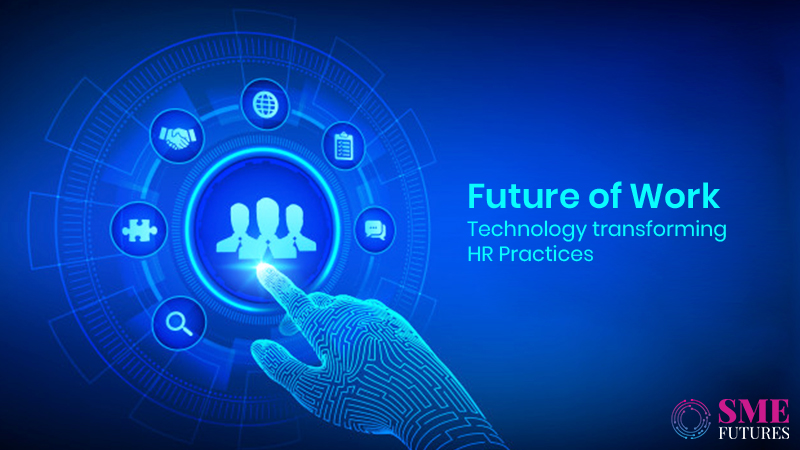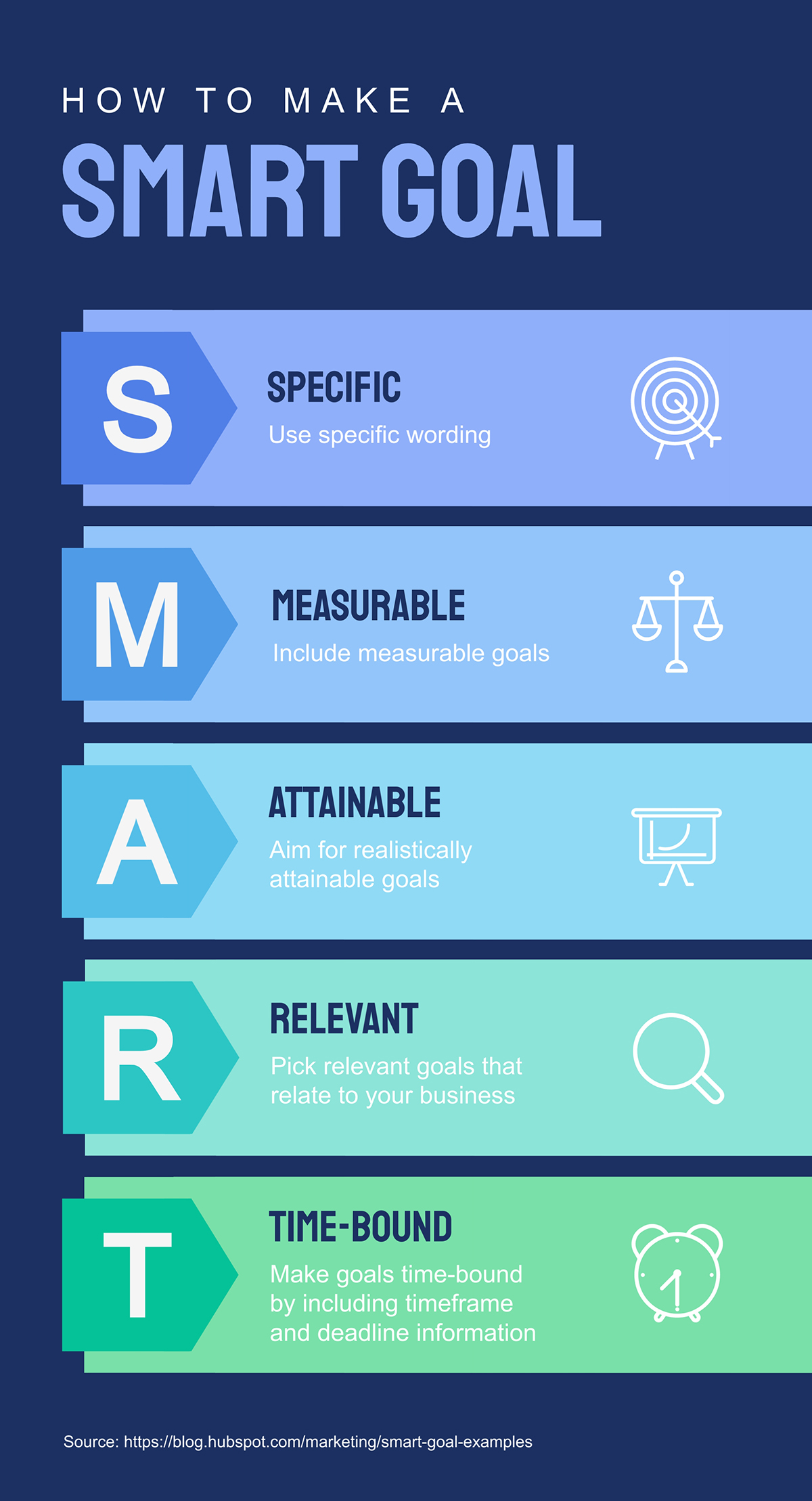
Experiential learning is the best method to gain knowledge about the various skill levels of human resources. You will not only learn about HR in a real-world setting but you will also gain confidence from your daily responsibilities. You can also read materials or use tools to learn more about Human Resources. The best way to improve is to practice. If you'd like to improve your skills in HR, bookmark relevant web pages with CTRL or Command + D. If you're looking for team-building tips, LinkedIn is a great resource.
Different levels of skills and human resources
In a multinational company, it is important for a human resources professional to understand the different cultural norms in the workplace. Indian culture encourages employees to be promoted every year, while Western culture promotes them every three to five. Chinese workers celebrate the Chinese New Year in China and may not return home to work until the holiday ends. It is crucial for HR professionals that they understand cultural differences.
HR professionals also need soft skills. They must be able take swift decisions and protect the company’s interests. These decisions must be made without discrimination and must be fair to employees. Employees are afraid to ask for personal time off work, as they fear being judged by management. For this reason, a human resources professional should be able to manage these employees in a fair and timely manner.

Communication skills
Communication skills are essential for any HR job. These skills can be difficult to acquire on your own. To improve your communication skills, you can enroll in a communication training course. You will be able to develop professional and interpersonal skills and you will learn how to communicate effectively with different types of communication styles. In the course of the course, you will learn how to deal with conflict and influence others.
HR professionals must listen to employees and get their feedback. These informal conversations can lead to improvements or new ideas for policies. It may be time for a review if employees complain about a policy regularly. To develop your communication skills, you must be organized and show a desire to learn more about your employees. Bookmarking websites can help you save them to your computer if writing is not something you enjoy.
Skills in organization
You will be able to find a great job if you have excellent organizational skills. The most important organizational skills include time management, meeting scheduling, inventory control, cross-team collaboration, and document creation. Self-starting is another key skill. Moreover, proving your organizational skills does not end with your resume. These skills should not be lost during the interview process.
Your organizational skills can be displayed in many different ways: on your cover letter or resume and even in interviews. You will need the right skills for each job, so make sure your skills are relevant. On your resume, you can list all of your skills. In your cover letter, highlight those skills. You can also make an impact during interviews by sharing your skills.

Emotional intelligence
You can improve employee productivity and engagement by investing in emotional intelligence training. This skill is extremely valuable for companies as it helps employees to cope with work-related stresses. As a human resources professional, you can help employees develop their emotional intelligence through training programs and other resources. Find out more about the advantages of emotional intelligence training. Don't worry, these programs don't only benefit HR professionals. These programs can be beneficial to everyone in your company.
A key component of emotional intelligence is intrinsic motivation. People with high EQ have higher motivation to achieve their goals. They're also more likely to persist and achieve their goals. This personality type is common in highly successful people and can be learned over time. In fact, some companies even encourage employees to develop this skill through training. Here are a few strategies for developing emotional intelligence.
FAQ
What is the best way to motivate your employees as a manager?
Motivation can be defined as the desire to achieve success.
You can get motivated by doing something enjoyable.
Another way to get motivated is to see yourself as a contributor to the success of the company.
For example: If you want to be a doctor, you might find it more motivating seeing patients than reading medical books all day.
A different type of motivation comes directly from the inside.
One example is a strong sense that you are responsible for helping others.
Perhaps you enjoy working hard.
Ask yourself why you aren't feeling motivated.
Next, think of ways you can improve your motivation.
What are the main management skills?
Business owners need to have management skills, no matter how small or large they may be. These skills include the ability manage people, finances and resources as well as other factors.
When you need to manage people, set goals, lead teams, motivate them, solve problems, develop policies and procedures and manage change, management skills are essential.
There are so many managerial tasks!
What is the difference between a project and a program?
A project is temporary while a programme is permanent.
A project typically has a defined goal and deadline.
This is often done by a group of people who report to one another.
A program typically has a set goal and objective.
It is usually implemented by a single person.
Statistics
- This field is expected to grow about 7% by 2028, a bit faster than the national average for job growth. (wgu.edu)
- Hire the top business lawyers and save up to 60% on legal fees (upcounsel.com)
- UpCounsel accepts only the top 5 percent of lawyers on its site. (upcounsel.com)
- As of 2020, personal bankers or tellers make an average of $32,620 per year, according to the BLS. (wgu.edu)
- The BLS says that financial services jobs like banking are expected to grow 4% by 2030, about as fast as the national average. (wgu.edu)
External Links
How To
How do you implement a Quality Management Plan (QMP)?
The Quality Management Plan (QMP) was established in ISO 9001. It is a systematic way to improve processes, products and services. It provides a systematic approach to improving processes, products and customer satisfaction by continuously measuring, analysing, controlling, controlling, and improving them.
QMP is a standard way to improve business performance. QMP helps improve production, service delivery and customer relationships. QMPs should cover all three dimensions - Products, Processes, and Services. If the QMP only covers one aspect, it's called a "Process QMP". QMPs that focus on a Product/Service are known as "Product" QMPs. If the QMP focuses on Customer Relationships, it's called a "Product" QMP.
There are two key elements to implementing a QMP: Strategy and Scope. These are the following:
Scope: This is the scope of the QMP and its duration. If your organization wishes to implement a QMP lasting six months, the scope will determine the activities during the first six month.
Strategy: This describes how you will achieve the goals in your scope.
A typical QMP consists of 5 phases: Planning, Design, Development, Implementation, and Maintenance. Here are the details for each phase.
Planning: In this stage the QMP's objectives and priorities are established. All stakeholders involved in the project are consulted to understand their requirements and expectations. After identifying the objectives, priorities and stakeholder involvement, it's time to develop the strategy for achieving the goals.
Design: The design stage involves the development of vision, mission strategies, tactics, and strategies that will allow for successful implementation. These strategies are implemented by the development of detailed plans and procedures.
Development: Here the development team works toward building the necessary resources and capabilities to support the successful implementation.
Implementation involves the actual implementation using the planned strategies.
Maintenance: This is an ongoing process to maintain the QMP over time.
Additional items must be included in QMP.
Stakeholder Engagement: It is crucial for the QMP to be a success. They should actively be involved during the planning and development, implementation, maintenance, and design stages of QMP.
Project Initiation - A clear understanding of the problem statement, and the solution is necessary for any project to be initiated. In other words, they must understand the motivation for initiating the project and the expectations of the outcome.
Time Frame: This is a critical aspect of the QMP. You can use a simplified version if you are only going to be using the QMP for short periods. If you are looking for a longer-term commitment, however, you might need more complex versions.
Cost Estimation is another important aspect of the QMP. You can't plan without knowing how much money it will cost. Before you start the QMP, it is important to estimate your costs.
The most important thing about a QMP is that it is not just a document but also a living document. It changes as the company grows. It should be reviewed on a regular basis to ensure that it is still meeting the company's needs.